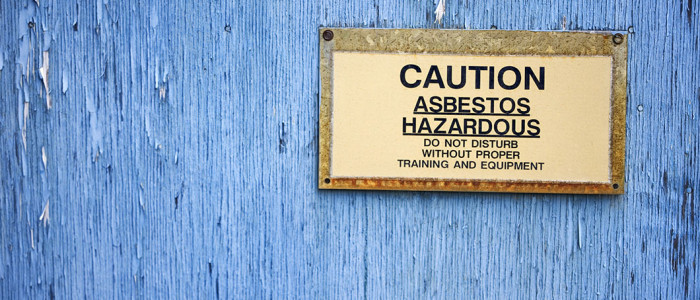The total dollar value of securities class-action settlements approved last year nearly tripled compared with the previous year, growth largely driven by an uptick in “mega-settlements” of $100 million or more, according to a new report.
The analysis of federal securities class actions by Cornerstone Research also showed an upward trend in the number of settlements approved in 2015. The number reached 80 in 2015, the highest number since 2010.
In 2015, there were six approved settlements that ranged between $100 million and $200 million. The largest of them all was the close-to-$1 billion agreement that American International Group Inc. reached to settle claims that the New York-based insurer misled investors about its financial health from 2006 to 2008. The other big one was the $400 million that Pfizer Inc. agreed to pay to settle a class-action securities lawsuit alleging that the drug maker illegally marketed several medicines.









